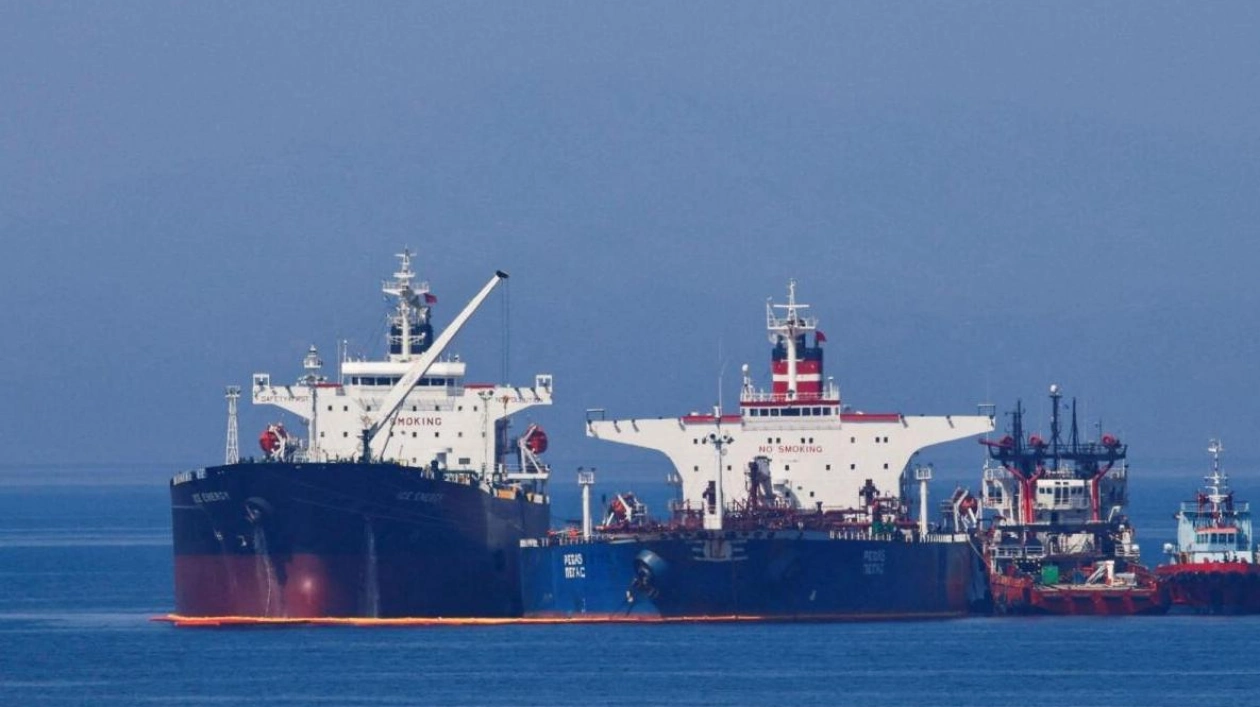OPEC possesses sufficient spare oil capacity to compensate for a complete loss of Iranian supply if Israel were to disable that country’s facilities. However, the producer group would face challenges if Iran retaliates by targeting installations of its Gulf neighbors. On Tuesday, Iran launched hundreds of missiles at Israel in response to Israeli airstrikes and attacks. Israeli Prime Minister Benjamin Netanyahu stated that Iran made a grave error and would face consequences, while Iran threatened a devastating response if Israel retaliated.
Israel’s options reportedly include targeting Iranian oil production facilities among other strategic sites, according to US news website Axios, citing Israeli officials. Iran, an OPEC member, produces approximately 3.2 million barrels per day, accounting for about three percent of global output. Despite US sanctions, Iranian oil exports have risen this year to near multi-year highs of 1.7 million barrels per day, with Chinese refiners purchasing the majority of its supply. Beijing has stated it does not recognize unilateral US sanctions.
“In theory, if we lost all Iranian production — which is not our base case — OPEC+ has enough spare capacity to make up for the shock,” said Amrita Sen, co-founder of Energy Aspects. OPEC+, which includes OPEC and allies like Russia and Kazakhstan, has been reducing production in recent years to support prices amid weak global demand. Consequently, the group holds millions of barrels of spare capacity. Current cuts by OPEC+ producers total 5.86 million barrels per day. Analysts estimate Saudi Arabia can increase output by three million barrels per day, and the UAE by 1.4 million.
OPEC+ convened on Wednesday to discuss compliance with cuts but did not address the Israeli-Iranian conflict, according to OPEC+ sources. “The only mention of the geopolitical situation and the conflict was the hope for non-escalation,” said an OPEC+ source familiar with the discussions. While OPEC has enough spare capacity to compensate for the loss of Iranian supplies, much of that capacity is in the Middle East Gulf region and could be vulnerable if the conflict escalates further, according to Giovanni Staunovo, analyst at UBS. “The effectively available spare capacity might be much lower if renewed attacks on energy infrastructure in the region occur,” he said, adding that the West might need to tap strategic reserves in case of severe disruptions.
Israel has thus far refrained from attacking Iranian oil facilities. Oil analysts and security experts have suggested that Israel could target Iran’s oil refining sites and the Kharg Island oil port, which handles around 90 percent of the country’s crude exports. During the Iran-Iraq War in the 1980s, Baghdad regularly attacked tankers around Kharg Island and threatened to destroy the oil terminal.
“Iran and its proxies could potentially target energy operations in other parts of the region to internationalize the cost if the current crisis escalates into an all-out war,” said Helima Croft from RBC Capital Markets. Oil prices have remained within a narrow range of $70-90 per barrel over the past years despite the war between Russia and Ukraine and conflicts in the Middle East. A rise in US production has helped ease the fear premium in oil markets, according to Rhett Bennett, CEO at Black Mountain, which operates in the US Permian basin.
The US produces 13 percent of global crude and nearly 20 percent of global oil liquid production, compared to OPEC’s 25 percent share of global crude production and approximately 40 percent by OPEC+. “This diversity of supply from US domestic sources, combined with healthy spare capacity within OPEC, is translating into the market feeling insulated from a dramatic supply shock – regardless of perpetual Middle East flare-ups,” Bennett said. However, a broad conflict in the Middle East with a significant impact on production would inevitably push oil prices up, driving up fuel costs. A related surge in gasoline prices could negatively impact US Vice President Kamala Harris in her campaign to win the November 5 presidential election against Republican candidate Donald Trump.
“The United States will likely urge Israel for a more modest response, aiming to avoid a significant escalation in tensions,” said Warren Patterson from ING.






